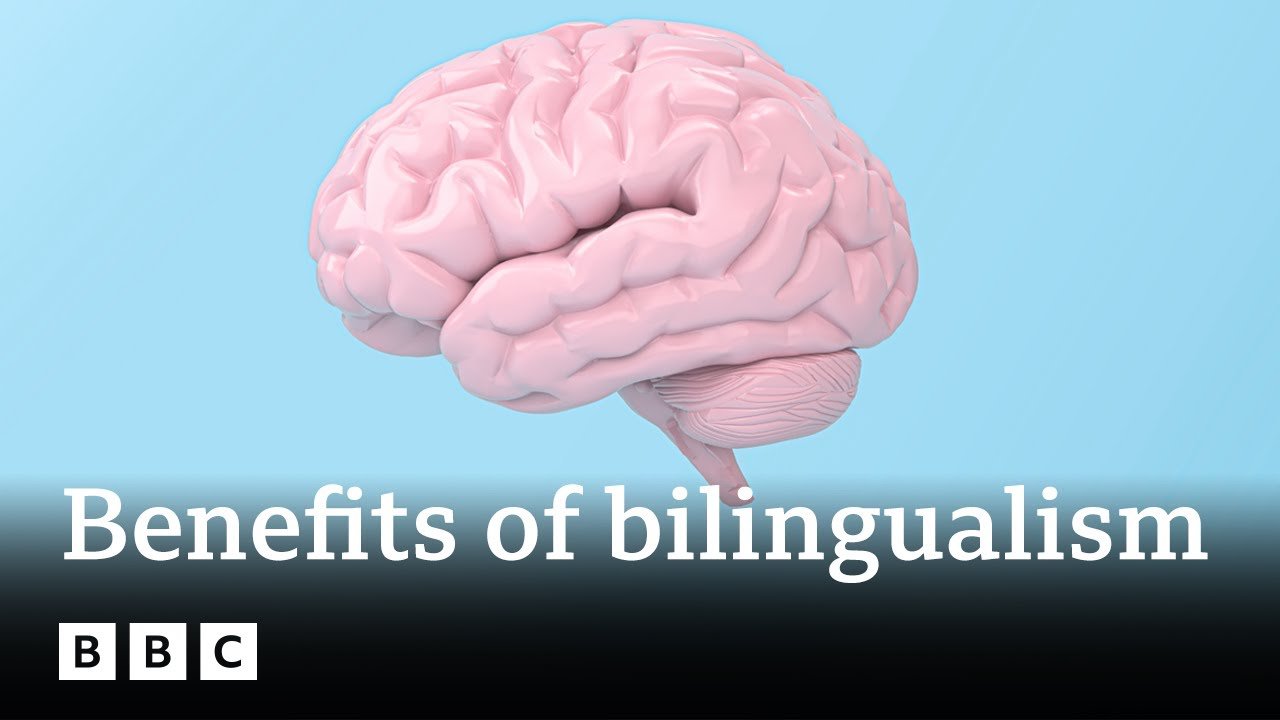Recent research has illuminated the myriad benefits of being bilingual, revealing that it significantly enhances cognitive functions. Speaking more than one language is akin to mental gymnastics, constantly engaging the brain in a rigorous exercise regime. This bilingual activity bolsters concentration, problem-solving skills, memory, and creativity. A landmark study in 2007 highlighted that bilingual individuals might develop dementia later than monolinguals, attributing this to a concept known as cognitive reserve. This reserve is a buffer against cognitive decline, suggesting that bilingualism could be a potent tool in aging healthily. Moreover, learning languages from an early age strengthens brain connectivity, potentially offering lifelong cognitive advantages. Additionally, bilingual individuals exhibit a heightened ability to understand different perspectives and may process emotions differently across languages. This research underscores the broader societal and individual benefits of bilingualism, from enriching cultural experiences to enhancing cognitive resilience.
- Bilingualism acts as a constant brain exercise, improving concentration, problem-solving, memory, and creativity.
- A 2007 study found that bilingual people develop dementia 4 to 4.5 years later than monolinguals, introducing the concept of cognitive reserve.
- Cognitive reserve refers to the brain’s ability to compensate for aging or disease-related changes, with bilingualism enhancing this reserve.
- Early language learning strengthens brain connectivity, offering long-term cognitive benefits.
- Research suggests that bilingual individuals have a better capacity for understanding different perspectives.
- Emotional responses may vary between a person’s first and second languages, with the first language often invoking stronger emotional reactions.
- The broader societal and individual benefits of bilingualism include cultural enrichment and improved cognitive resilience.
The British Broadcasting Corporation is a British public service broadcaster headquartered at Broadcasting House in London. Originally established in 1922 as the British Broadcasting Company, it evolved into its current state with its current name on New Year’s Day 1927.
AllSides Media Bias Rating: Center
https://www.allsides.com/news-source/bbc-news-media-bias
Official website: https://www.bbc.com/
Original video here.
This summary has been generated by AI.

Leave a Reply